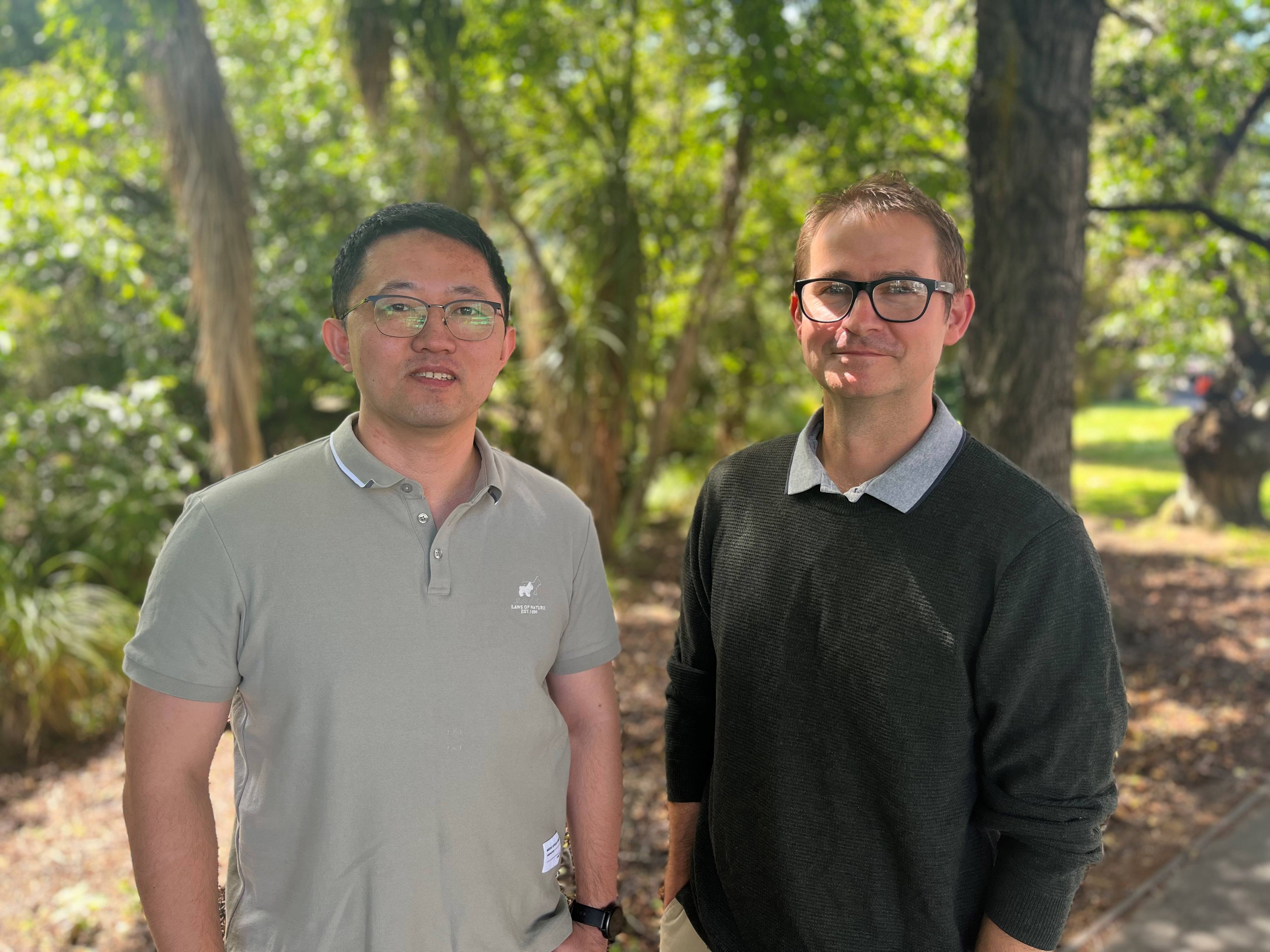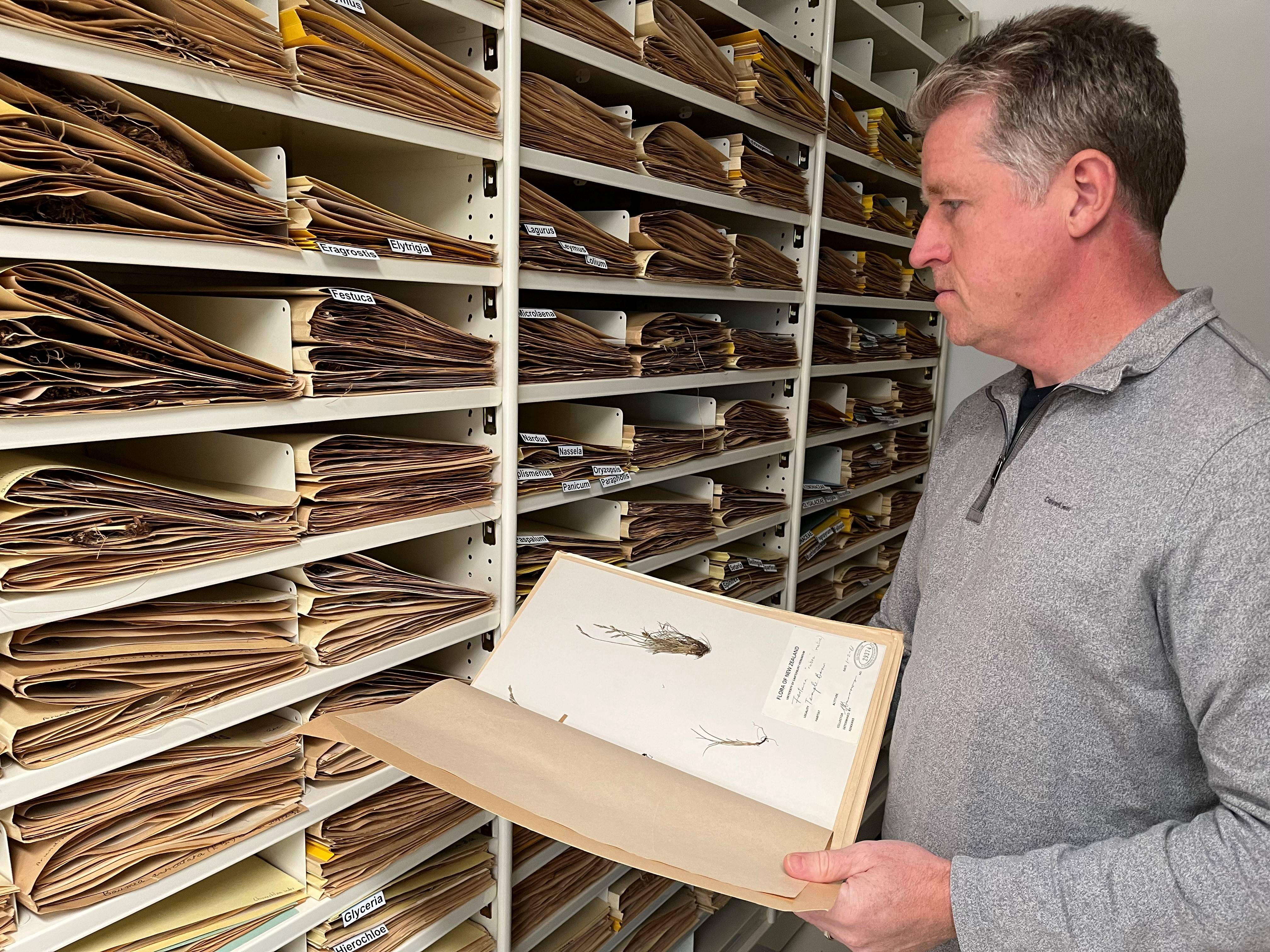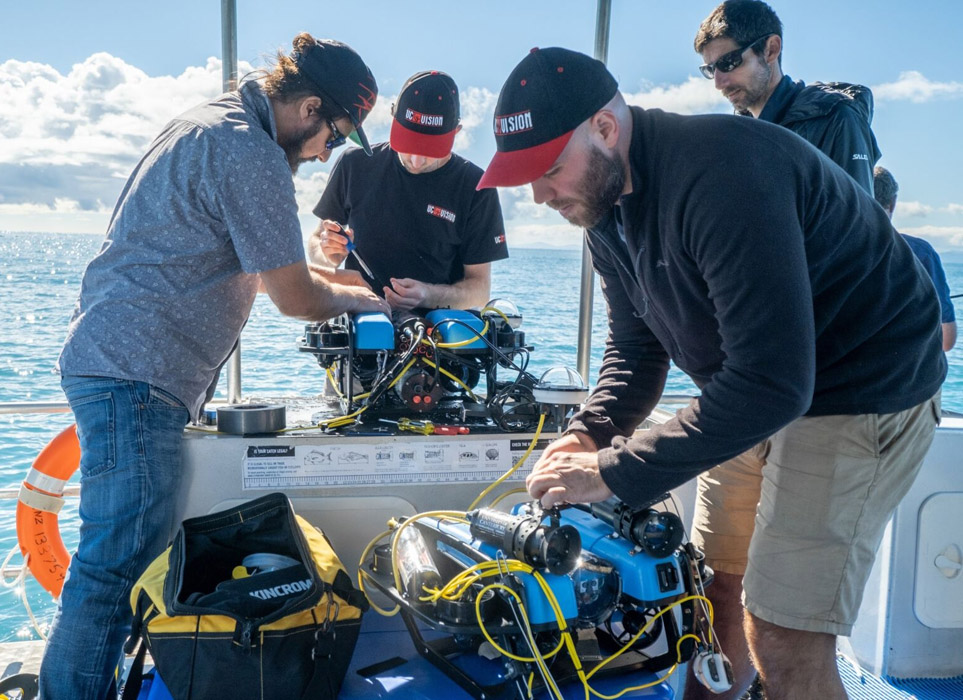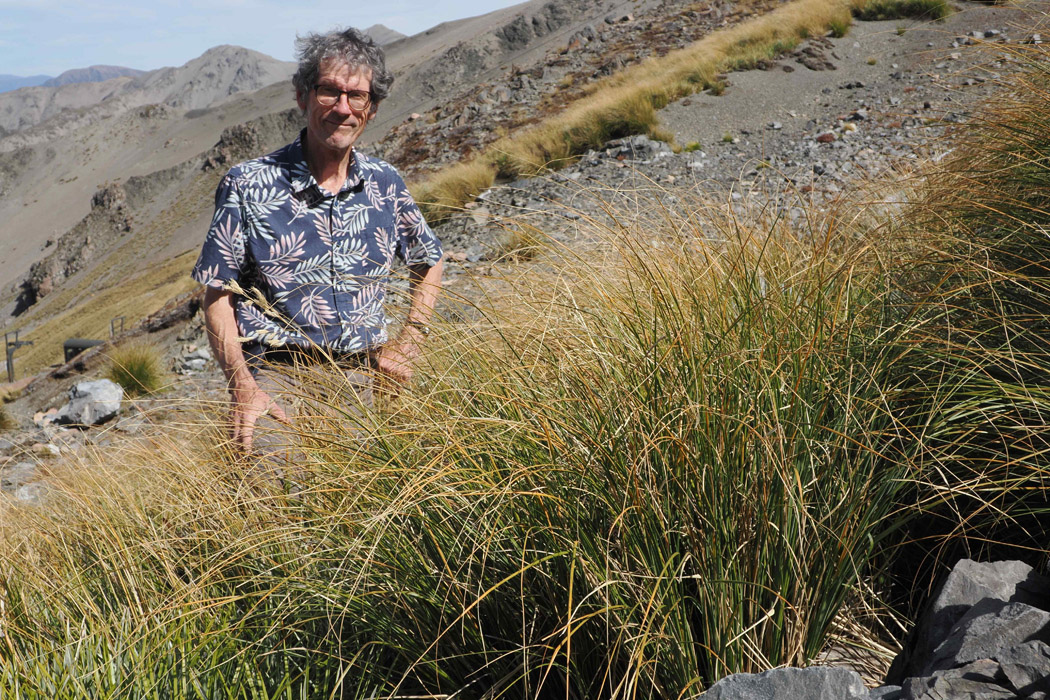UC researcher Dr Matthew Cowan (left) receives his Innovation Jumpstart award and WNT Ventures sponsorship worth $35,000 from Jon Sandbrook, Investment Manager at WNT Ventures.
An award-winning University of Canterbury-designed process to recover raw materials could create a global solution to petrochemical waste, improve productivity and increase efficiency.
University of Canterbury Chemical and Process Engineering lecturer Dr Matthew Cowan is developing an innovative process for recovering raw materials which will make producing specialty plastics and chemicals more efficient and less wasteful.
“Petrochemical companies use a lot of energy in order to produce the products they do. Any waste saving can have a great impact on the bottom line,” Dr Cowan says.
“This technology is a process which will decrease the cost of separating materials from waste in order for those products to be recovered efficiently. The benefit of this idea is that you can get back raw materials in liquid solutions that have dissolved and have previously been hard to recover.
“The ability to recover raw materials has also been demonstrated to be lucrative for the producer of the materials.”
Dr Cowan, a Rutherford postdoctoral fellow, was recently awarded a $20,000 grant from Innovation Jumpstart 2018 to transform his ideas and research into commercial reality, as well as $35,000 worth of practical services and support from technology incubator and early-stage investor, WNT Ventures.
It was while researching another innovation that Dr Cowan came up with the answer to recovering feedstock chemicals. As part of another project, he interviewed 118 professionals in the United States petrochemicals industry and the same problem kept cropping up.
“Companies don’t want interference in their core business but are much more receptive to innovations around their waste stream. There’s much less risk when you’re working with the rubbish,” he says.
The recycling of waste products from these chemical reactions in order to recycle them will create economic benefits for an international market with potential for engineering and operational jobs, he says.
“This solution can integrate into existing chemical plant structures with minimal disruption to plant operations, which could create extra jobs for engineers as well as operators.”
Margaret Agnew, Senior External Relations Advisor, University of Canterbury
Phone: +64 3 369 3631 | Mobile: +64 27 254 3949 | margaret.agnew@canterbury.ac.nz
Tweet UC @UCNZ and follow UC on Facebook









